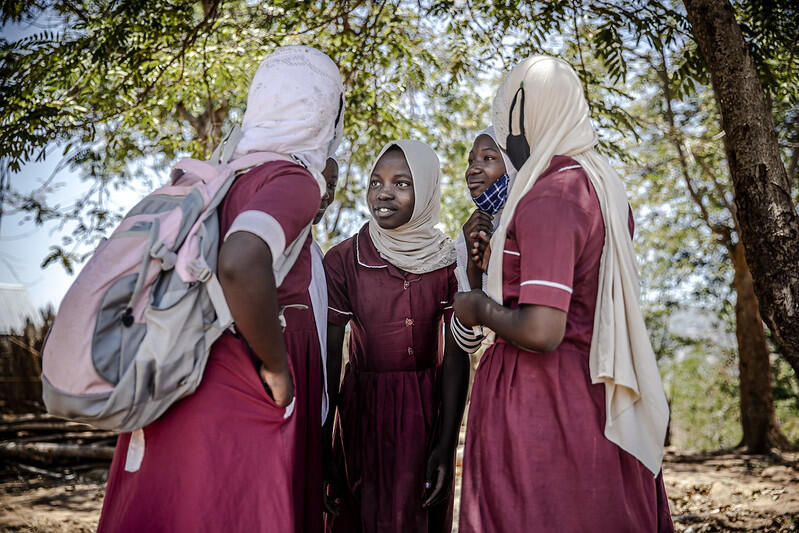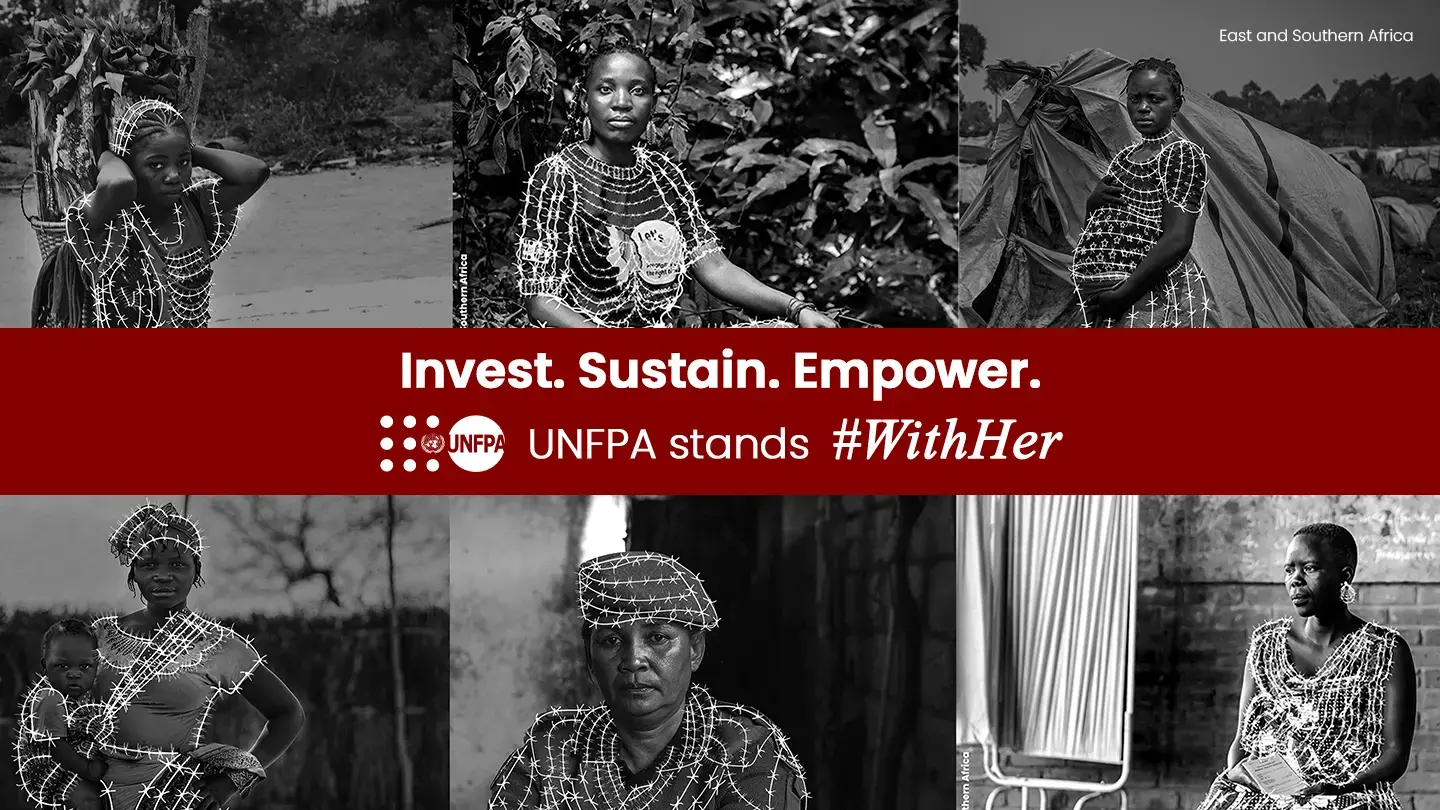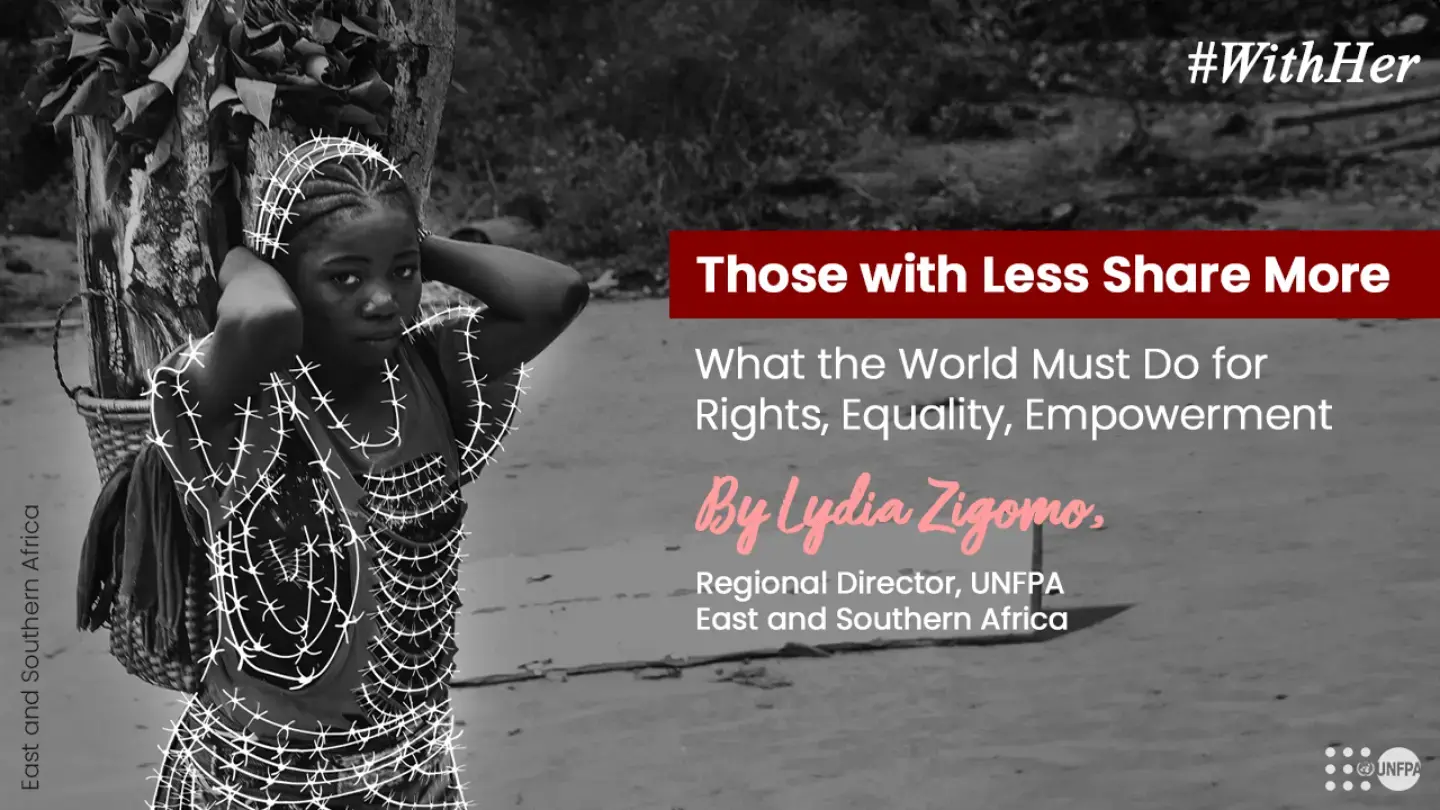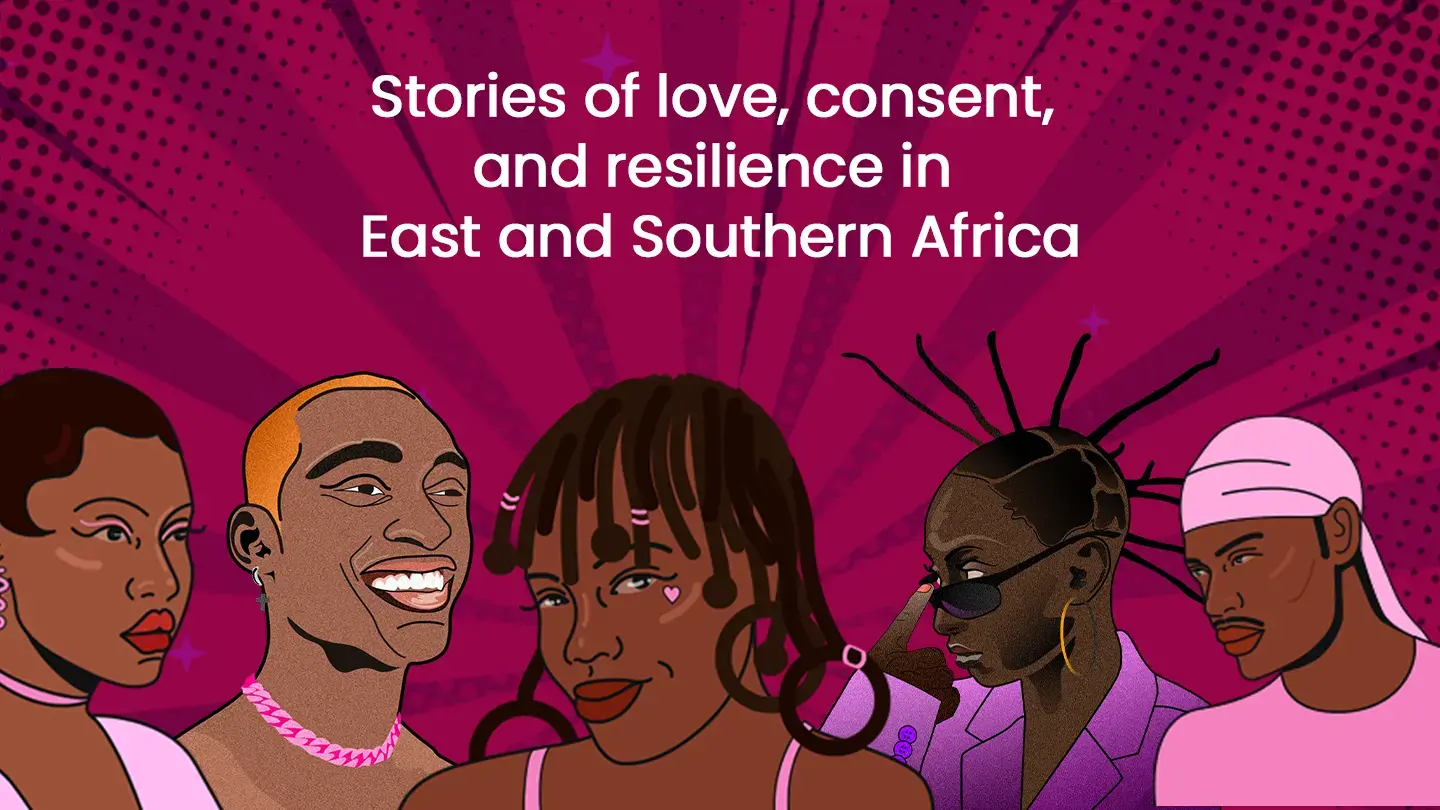Reflections following a country mission to Malawi by Dr. Julitta Onabanjo, United Nations Population Fund, UNFPA Regional Director for East and Southern Africa
Just by looking at fifteen-year-old Aisha Kayima’s face, one can tell that she is fiercely determined to fulfil her dream of becoming a doctor. Aisha’s firm resolve to focus on her education and to reach her ambition was ignited during comprehensive sexuality education sessions at her school in Mangochi District, Malawi, where she is in Grade 7.
In a country with one of the highest adolescent birth rates in Africa – one in three girls have had a baby by the age of 19, and one in two girls are married before the legal age of marriage, which is 18 years – the provision of accurate and timely information to adolescent girls and boys is having a positive effect.
Aisha’s determination is a beacon of hope for girls in Malawi. She represents the country’s progress in ensuring sexual and reproductive health and rights for all. Her aspirations for a successful future – and that of millions of girls like her – are echoed by parents, teachers, village elders, traditional and political leaders across the nation. Together, they are joining forces to keep girls in school and out of marriage, confident that with a concerted effort, they can reduce adolescent pregnancy and eliminate child marriage in their communities.
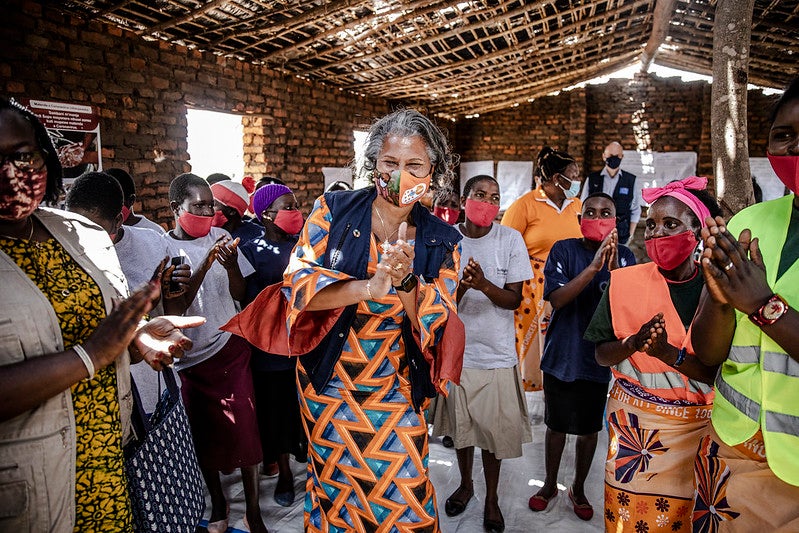
In November 2019, at the Nairobi Summit celebrating 25 years of the International Conference on Population and Development (ICPD), Malawi adopted ten bold commitments, which reaffirmed their promise to create a society in which every woman and girl can exercise her rights and choices, by 2030. This included pledging to end child marriage, reducing unmet need for family planning to under 11 per cent, and decreasing maternal deaths to 110 per 100,000 live births.
Following Malawi’s democratic transition of power earlier this year, the new Tonse Alliance administration has committed to continuing the momentum of the ICPD agenda, and achieving the ten commitments made in Nairobi. On 3 November 2020, Malawi launched its National ICDP25 Steering Committee chaired by the Minister of Health, Khumbize Kandodo Chiponda. This demonstrates a strong commitment by Malawi to champion sexual and reproductive health and rights, with young people at the heart and with a clear promise to ensure the necessary financial investments to fulfil the ICPD agenda.
Lessons learned in the 25 years since the ground-breaking Cairo Conference have given the Malawi National ICPD25 Steering Committee the necessary markers to develop a roadmap that will advance Malawi’s efforts to reach zero maternal death, zero unmet need for family planning, zero new HIV infections and zero gender-based violence and harmful practices.
The Government is on the right track.
There is the feeling of a fresh start and the people have high expectations. Civil society is doing their part, rallying behind a mind-set change agenda, and community leadership is very active, including looking at by-laws to back up laws such as age of marriage.
To keep the momentum, Malawi needs to further build the partnerships and collaborations it has to ensure adequate and targeted resources in the provision of quality and integrated sexual and reproductive health services, including youth-friendly services. Partnership with young people must be deliberately pursued, creating more platforms for them to engage and be heard.
While Aisha’s story is encouraging, there are still millions of women and girls across the country who are economically dependent and vulnerable to cultural norms and gender stereotypes that increase their risk of experiencing violence and harmful practices. It is important to continue to work towards ensuring that all girls and boys can complete their education so that they can achieve their dreams and aspirations, and contribute meaningfully to the prosperity of their families, communities and the nation.
Safeguarding the ICPD25 commitments and protecting the gains made is of paramount importance. This includes being prepared to tackle emerging challenges such as the COVID-19 pandemic and climate-related phenomena such as cyclones, flooding and drought that have the potential to reverse years of progress, especially among the most vulnerable.
Therefore, as we commemorate the first anniversary of the Nairobi ICPD25 Summit, we must recall that there are many others in Africa like Aisha, whose voices need to be heard, and whose rights and choices need to be protected. Together, we can ensure that the collective potential of young people can transform the continent to fully achieve the African Union’s vision of inclusive sustainable development driven by unity, self-determination, freedom, progress and collective prosperity.
The march continues in Africa.

